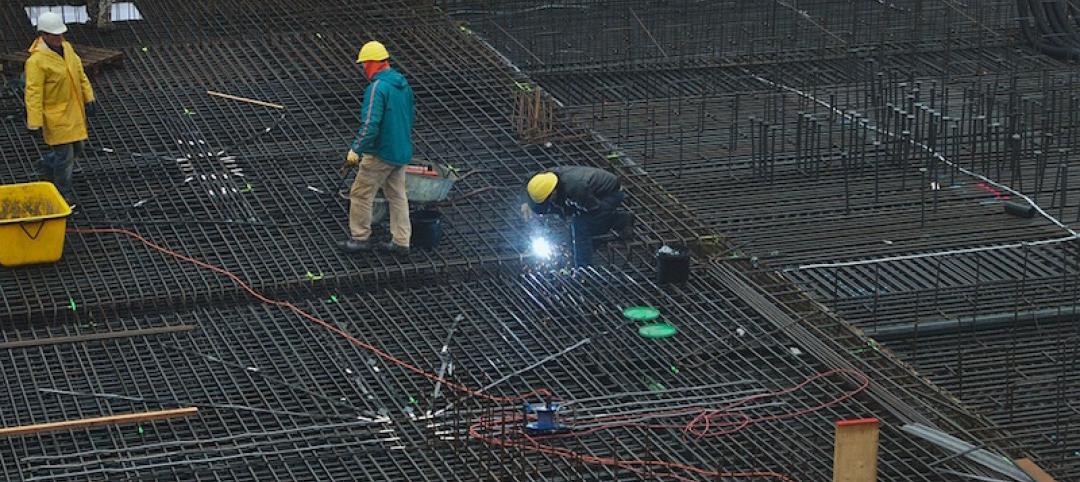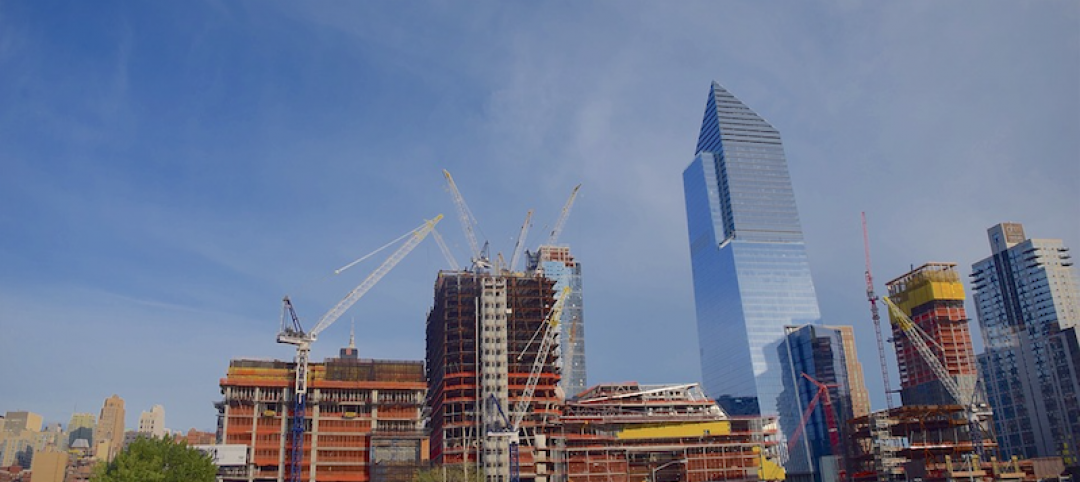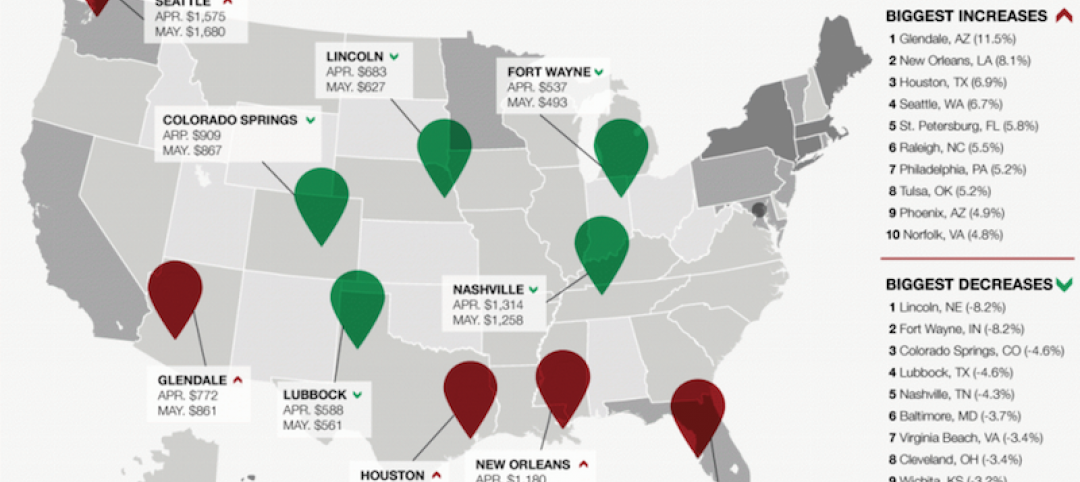The American Institute of Architects (AIA) is releasing strategies and illustrations today that can help senior living communities mitigate risk of COVID-19.
These resources were developed by a team of architects, AIA’s Design for Aging knowledge community, public health experts, and engineers, to assist with pivoting communities toward a more sustainable set of strategies that can reduce risk for residents and staff while creating a more comfortable way of life that is supportive of overall wellbeing.
In addition to the 3D model—produced by RLPS Architects—the team’s findings are detailed in a report for administrators, design professionals, and public officials. These strategies are meant to work in tandem with AIA’s other tools that can assist senior living communities with mitigation measures to safely resume activities and reopen closed spaces. These tools include a seven-step Risk Management Plan for Buildings for assessing hazards and applying strategies that reduce risk and the AIA’s Re-occupancy Assessment Tool, which provides a framework of strategies for making buildings safer.
Developing mitigation strategies is particularly critical for senior living communities, where risk is amplified. The primary risk of transmission is currently considered to be close personal contact, which could occur among residents, staff, and visitors predominantly in gathering areas, such as dining rooms or common areas, and during group activities. Visit AIA’s website to access the full report.
Resources were developed from a wide range of expertise and research using a virtual charrette workshop—a method used to study specific issues in a limited time frame using an intense brainstorming session.
As part of the sessions, a group of public, environmental, and occupational health experts and physicians provided an independently developed 90-minute briefing on SARS-CoV-2 infectious disease transmission, epidemiological models, and insights into the most current research of the virus as of May.
For more detailed information on public health hazards and considerations in senior living communities, see AIA’s COVID-19 emerging research and public health data.
Visit AIA’s website for more COVID-19 resources for architects.
Related Stories
Market Data | Jun 21, 2017
Design billings maintain solid footing, strong momentum reflected in project inquiries/design contracts
Balanced growth results in billings gains in all sectors.
Market Data | Jun 16, 2017
Residential construction was strong, but not enough, in 2016
The Joint Center for Housing Studies’ latest report expects minorities and millennials to account for the lion’s share of household formations through 2035.
Industry Research | Jun 15, 2017
Commercial Construction Index indicates high revenue and employment expectations for 2017
USG Corporation (USG) and U.S. Chamber of Commerce release survey results gauging confidence among industry leaders.
Market Data | Jun 2, 2017
Nonresidential construction spending falls in 13 of 16 segments in April
Nonresidential construction spending fell 1.7% in April 2017, totaling $696.3 billion on a seasonally adjusted, annualized basis, according to analysis of U.S. Census Bureau data released today by Associated Builders and Contractors.
Industry Research | May 25, 2017
Project labor agreement mandates inflate cost of construction 13%
Ohio schools built under government-mandated project labor agreements (PLAs) cost 13.12 percent more than schools that were bid and constructed through fair and open competition.
Market Data | May 24, 2017
Design billings increasing entering height of construction season
All regions report positive business conditions.
Market Data | May 24, 2017
The top franchise companies in the construction pipeline
3 franchise companies comprise 65% of all rooms in the Total Pipeline.
Industry Research | May 24, 2017
These buildings paid the highest property taxes in 2016
Office buildings dominate the list, but a residential community climbed as high as number two on the list.
Market Data | May 16, 2017
Construction firms add 5,000 jobs in April
Unemployment down to 4.4%; Specialty trade jobs dip slightly.
Multifamily Housing | May 10, 2017
May 2017 National Apartment Report
Median one-bedroom rent rose to $1,012 in April, the highest it has been since January.

















